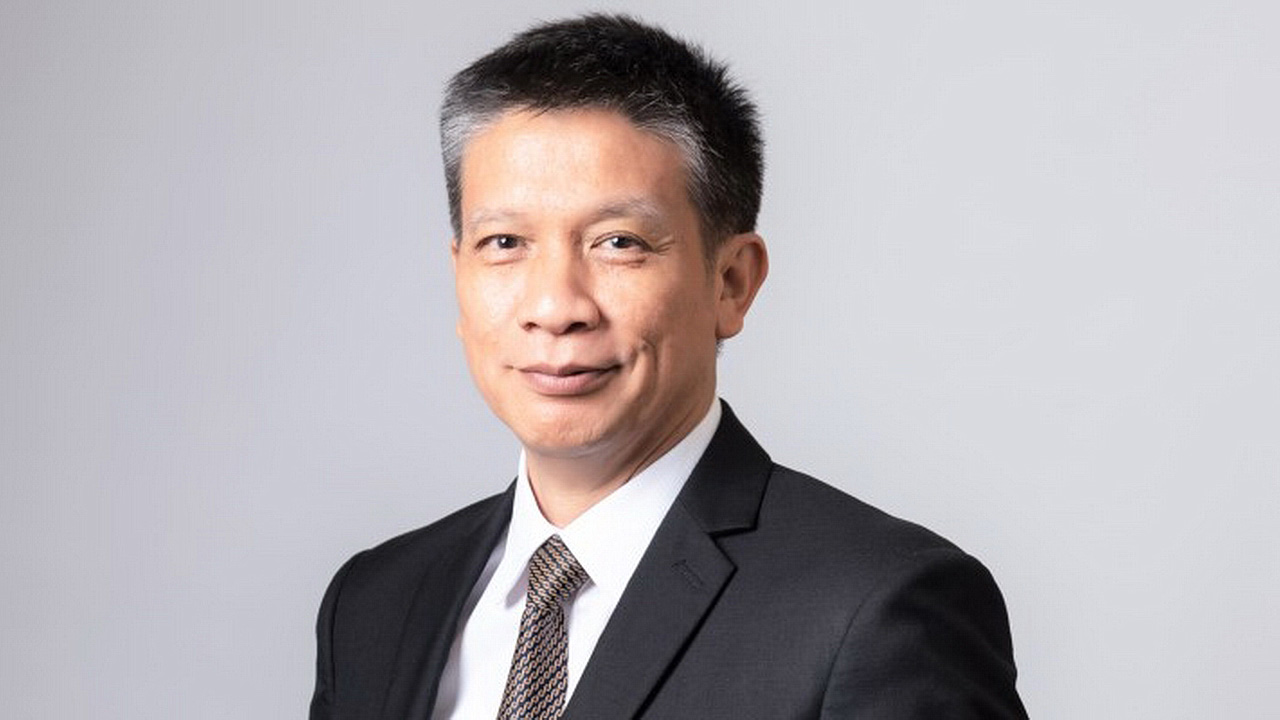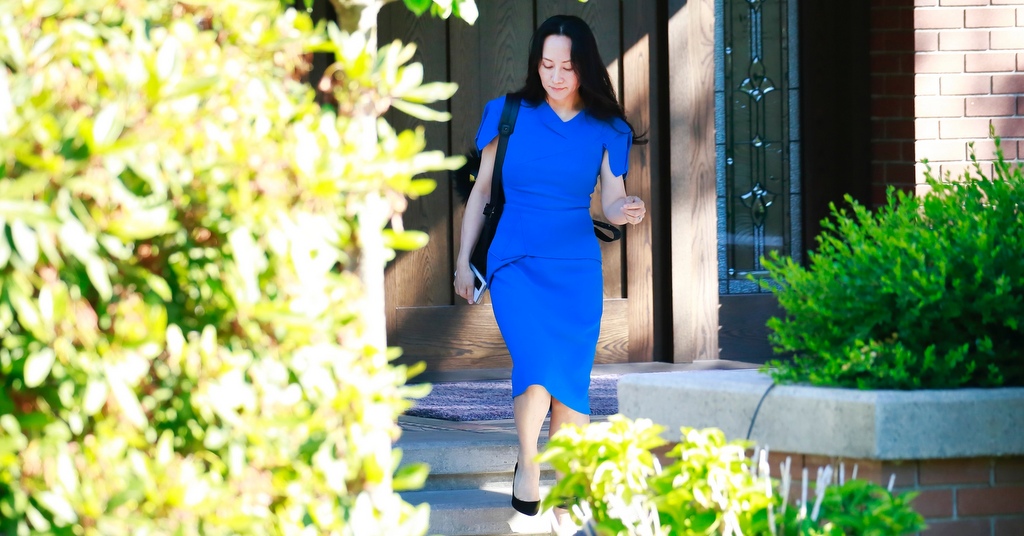January 25, 2022
The question of what to do with data was a major theme at Relativity Fest 2021 – from how to safely gather data to the necessity for legal professionals to upskill about dealing with data. Given that the conference was held virtually for the second year in a row, Covid-19 was top of mind for every speaker as well. Most panelists had something to say about the pandemic which has radically altered how businesses and the wider legal profession must now operate. In the popular eighth annual Judicial Panel session, judges from across the US and the UK unpacked the results of switching to virtual court proceedings during Covid-19. Nora Barry Fischer, senior US District Judge of the US District Court for the Western District of Pennsylvania, said hearings conducted on Zoom were surprisingly popular with defendants. “People often think of Zoom as impersonal, but that’s not true at all. Defendants say they enjoy seeing the judge more clearly and family and friends can also join the sessions. Also, Zoom makes it much easier for the press to attend our hearings. Judges can also make judgments available to a larger mix of people, since the public can dial in,” Fischer said. William Matthewman, federal magistrate judge for the US District Court for the Southern District of Florida, said the general success of virtual hearings was a “real eye opener” for him and he intends to use the technology even when the pandemic is over. “It has been an excellent tool for all types of cases and proceedings. Zoom has been a silver lining to the pandemic. It has forced the... January 18, 2022
One clear sign that the Covid-19 crisis may have been both less impactful than first feared and also now ending is that mergers and acquisition (M&A) activity is returning to normal in the Asia Pacific. A year ago, most businesses were contemplating the frighteningly uncertain prospect of what to do if the pandemic continued in 2021. Many Asia Pacific companies simply decided to push on as normal and either begin new M&A deals or finalize those that were set on pause. According to EY, in the first half of 2021 M&A values in the region increased to US$535 billion, up from US$284b in the same period in 2020, The region has counted more than 50 deals valued over US$1b so far this year, an increase of almost five times year-on-year. The EY report pointed to the technology sector as the leader of M&A deal activity, accounting for a third (28%) of the cumulative deal value in the first half of 2021, with deal value increasing by 88% year-on-year. The advanced manufacturing and mobility sectors were also active this year. According to a Mergermarket report, in 2020 Asia Pacific M&A deal volume decreased by a nominal 4%, compared to the global decline of 14%. The report said rising consumer confidence led these trends and the region retains a positive GDP outlook. Eversheds Sutherland Head of International M&A Asia Charles Butcher said the pandemic in 2020 had an obvious activity-suppressing impact early on with many investors adopting a precautionary, “wait and see” approach regarding M&A activity. “By the second half of 2020 we were already seeing the market adapting in terms... January 14, 2022
Over a stellar 30-year career working with one of Thailand’s top law firms, Jessada Sawatdipong has sealed many historical deals to help position Thailand as a serious legal hub in the Asia Pacific. He is now the co-managing partner at Chandler MHM Ltd. (CMHM), specializing in banking and finance, particularly project finance, with a focus on major, cross-border energy and natural resources, infrastructure, and real estate projects. In your experience over the years, how has the Thailand legal market evolved?” Thailand’s legal market over the past two decades has matured and the leading law firms now boast an international level of capability and service. Thai lawyers also tend to graduate and become dual qualified overseas. This is in part a response to the increasing complexity of Thai law as the country develops and responds to a local demand for greater sophistication of legal services. Another general trend is for US/UK-based law firms to exit the market and work closely in partnership with local counsel instead. On the other hand, leading Japanese law firms (such as Mori Hamada & Matsumoto) have recently entered and expanded their presence in Thailand. Where do you think there is most room for improvement in delivering legal services in Thailand? The most significant improvement in the delivery of legal services is likely to arise from the adoption of new technology. Clients expect legal service providers to use technology to operate in an increasingly sophisticated and cost-effective manner in line with other professional service providers. Law firms have also traditionally provided services according to defined areas of legal practice. Specialized and complex advice is also in... September 26, 2021
When a common criminal is caught, he goes to prison. Nobody cares. The newspaper stories about the thief or murderer usually end when the prison sentence is handed down by the judge. When a political prisoner is in detention, many people care. The story goes on and on in the media. Often, after some time, the authorities regret having detained this political inmate because it keeps creating negative energy towards the authorities. The question then is how to stop the buzz. Basically, the two options are either a vigorous stop or an elegant fade-out. After defining “political prisoner” and describing three real-life examples with a Dutch connection, I will analyze some practical and proven solutions for a graceful fade-out. There is no universal definition of a political prisoner. National criminal codes usually do not carry a section on “political imprisonment” because almost all nations deny that their own country detains political prisoners. Especially Western nations, however, are good at pointing the accusatory finger at other countries. Originally, a definition of “political prisoner” was developed for this purpose by the European Parliament in 2012. This definition can be helpful in analyzing whether political prisoners only exist in Russia, China or North Korea. The definition opens the door to five different grounds for political imprisonment. The first four grounds reflect extreme cases, not likely to happen within the EU or other Western countries. Any political prisoners in such countries would probably be convicted under standard criminal-law regulations. The final ground is therefore the most interesting to use in cases in Western nations. This ground applies to a person deprived of personal... September 23, 2021
By Nathan Smith. Judge in Meng Wanzhou case focuses on fraud allegations and ignores the sanctions-busting. Says Canada’s laws do not recognise sanctions-busting as a crime While some rules are created to regulate the global system, it is an illusion to call these things “laws” The Meng case highlights that international law is largely a fiction, no matter how much people want to believe in it Sometimes a judge makes a comment that highlights a weird assumption most people would prefer not to consider. Associate Chief Justice Heather Holmes, the judge in control of the ongoing extradition case against Huawei chief financial officer Meng Wanzhou, has been quick during this trial to point out irregularities in the prosecution’s case. Meng is accused of misrepresenting Huawei’s control over Skycom, a company that sold computer equipment in Iran, during a 2013 presentation that allegedly put HSBC at risk of violating US sanctions against Iran. The US team wants to try Meng in New York for her part in the act. But before they can do that Holmes must find her guilty of committing a crime that is on the books in Canada. After all, sanctions-busting is not a crime in Canada. So, Holmes is keeping the extradition trial within the “four corners” of fraud law since that is a crime in Canada. “Isn’t it unusual that one would see a fraud case with no actual harm many years later and one in which the alleged victim, a large institution, appears to have numerous people within the institution who had all the facts that are now said to have been... August 11, 2021
The aftermath of the arrest – during a transit stop in Vancouver on December 1, 2018 – of Meng Wanzhou, the chief financial officer (CFO) of Huawei, the noted giant Chinese global company, made the world’s top headlines. The Canadian authorities acted on a warrant issued by a New York court seeking her extradition to the United States, to face charges of abetting her company’s trading with Iran. [1] Her continued detention, even after negotiating an $8 million parole, pending her extradition hearings scheduled as far off as January 20, 2020, or 13 months later (in reality, even going farther beyond), raised a wide range of questions. Many were of a serious legal nature, but apparently prompted by serious political motives. Due Process and Certain Petty Maneuvers The fussy questions regarding due process included: Why was she treated like a criminal without a trial and was locked up while being initially denied parole by a Vancouver prosecutor who refused to accept a bail by her husband because he was not a Canadian citizen?! Even after she was finally paroled, she continued, for some time, to be kept under house arrest in Vancouver wearing leg fetters, as if she had already been convicted a criminal. Later on, although given the freedom to move around, she remained under 7/24 surveillance, enforced in part by a GPS tractor anchored on her left ankle. Meng was to be extradited to the U.S. for trials for her role in abetting her company’s trading with Iran, which was a breach of U.S. policy and law banning trade with Iran. But, this ban was unilateral U.S. policy... Recent Past Events












